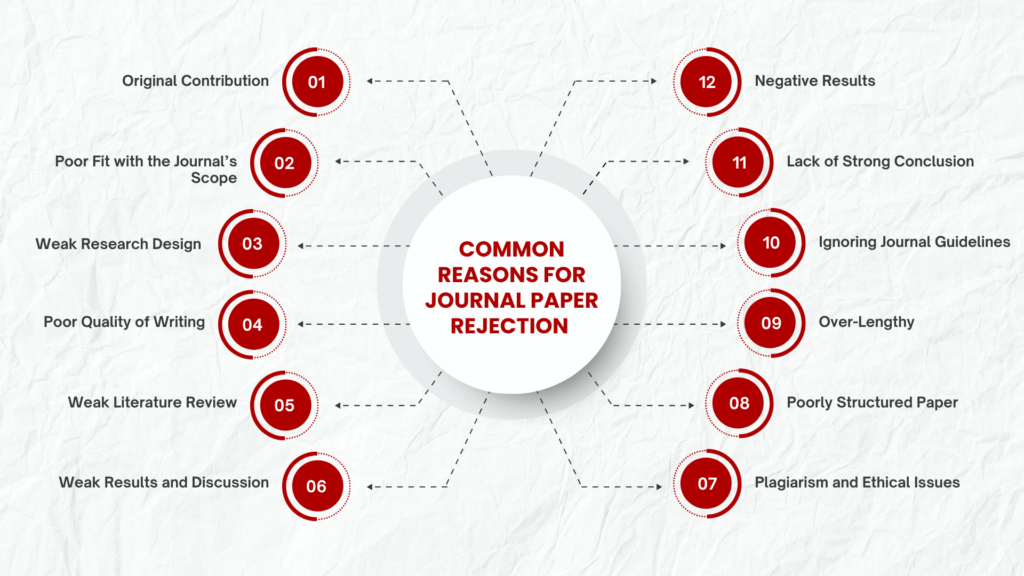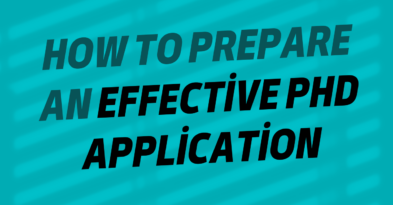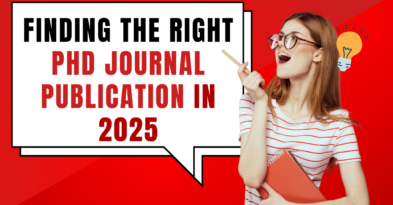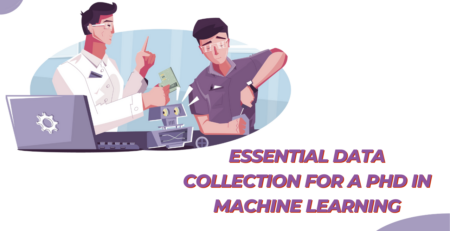26Aug

Publishing a research paper in a reputed journal is a big milestone for any scholar or researcher. But as exciting as it sounds, the road is not always smooth. Journal Paper Rejection is very common, and many papers get rejected before they even reach the peer review stage, while others face rejection after review. If you have faced Journal Paper Rejection before, don’t worry—you are not alone. In fact, rejection is a normal part of academic publishing. What matters most is learning from the mistakes and improving your work.
In this blog, we will look at the most common reasons why journal papers get rejected and what you can do to avoid them.

One of the first things journal editors check is whether the paper offers something new and valuable to the field. If your study just repeats what others have already done, or if it does not provide fresh insights, it may not get accepted.
How to avoid this:
Every journal has a defined scope and target audience. If your paper does not match the journal’s focus area, it will likely be rejected even if the research is good.
Example: Submitting a paper on marketing strategies to a journal that focuses on environmental engineering.
How to avoid this:
Even if your topic is relevant, a poorly designed study can lead to rejection. Journals want to see that your methodology is sound, reliable, and appropriate for the research problem.
How to avoid this:
Clarity matters. If your paper is hard to read because of grammar mistakes, poor sentence structure, or unclear arguments, reviewers may not even continue reading.
How to avoid this:
A literature review reflects your understanding of existing research. If it is outdated, incomplete, or overlooks important studies, your paper may seem weak.
How to avoid this:
Sometimes papers are rejected because the results are not clearly presented or the discussion does not link back to the research question.
How to avoid this:
Plagiarism is one of the biggest reasons for rejection. Even unintentional plagiarism—like forgetting to cite a source—can damage your credibility.
How to avoid this:
A research paper should follow a clear structure. If your sections are disorganized, or if important parts like methodology and conclusion are missing, reviewers may reject it.
How to avoid this:
Some authors write very short papers that lack depth, while others submit papers that are unnecessarily long and filled with irrelevant details.
How to avoid this:
Every journal has its own formatting rules, such as reference style, word count, figure requirements, and font type. If you ignore these, your paper may get rejected at the desk stage itself.
How to avoid this:
A paper without a proper conclusion feels incomplete. If your conclusion just repeats results without highlighting the contribution, the paper may not be accepted.
How to avoid this:
Some papers get rejected because the results are unclear or seem negative. But remember, even negative results can be valuable if explained properly.
How to avoid this:
Journal Paper Rejection is a normal part of the research journey. Instead of treating it as a failure, see it as a chance to strengthen your work. The key is to understand why Journal Paper Rejection happens and take proactive steps to avoid these mistakes. If you carefully plan your research, follow the journal’s guidelines, write clearly, and highlight your contribution, your chances of acceptance will increase.
Keep in mind: Each rejection moves you closer to eventual acceptance.
Writing and publishing a journal paper can feel overwhelming—but you don’t have to do it alone. Expert guidance can make a big difference in turning your draft into a publication-ready manuscript.
If you want professional support with topic selection, writing, editing, plagiarism checking, or journal submission, Kenfra can guide you at every step of your PhD or research journey.
Move forward in your research journey with confidence. Contact Kenfra today and make your paper publication-ready!

Applying for a PhD programme is a significant step in your academic journey. A well-prepared Effective PhD Application can... read more

Publishing research is a crucial milestone in any PhD journey. The process of selecting the right journal for your... read more

Machine Learning (ML) research is heavily dependent on high-quality data. For PhD scholars pursuing a PhD in Machine Learning,... read more
Machine Learning and Deep Learning play a vital role in recent research. The improved performance is the reason to incorporate... read more

The journey of navigating the PhD publication process and getting your research published can often feel like navigating a... read more

Starting your research journey can feel overwhelming, especially when it comes to PhD synopsis writing. Many scholars struggle with where... read more
Provide ₹31k-₹35k monthly stipend to PhD scholars, technical universities urge govt: The provision of stipends to Ph.D. scholars in technical universities... read more
WhatsApp us
Leave a Reply